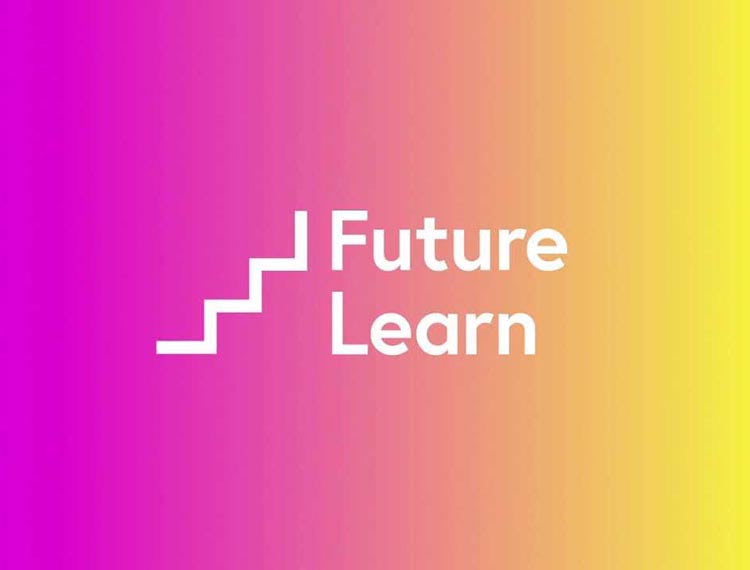University of Glasgow launches 7 new FutureLearn microcredentials in response to pandemic

@UofGlasgow and @FutureLearn launch New suite of online courses to meet some of the challenges of a world pandemic
The University of Glasgow has launched seven new online courses tailored to provide vital new skills and that are particularly relevant to the current Coronavirus pandemic.
The University’s first microcredentials – five delivering healthcare-related skills and two further courses in business management – are delivered in partnership with FutureLearn, the leading social learning platform, which has already partnered with the University in delivering a number of other online short courses and degrees.
Microcredentials are accredited online courses designed to help learners build specialised skills relevant to their career.
The University has received £841,000 support from the Scottish Funding Council’s Upskilling Fund 2019-20 which has a specific aim of developing the capacities of universities to provide support for employees and employers to upskill and reskill, thus allowing the higher education sector to be more agile in its response to local and national economic changes. The funding supports the development of the course and subsidises the cost of these courses for Scottish employees.
Dr Donna MacKinnon, Director of Access, Learning and Outcomes at the Scottish Funding Council, said: “It great to see that the University of Glasgow has been able to develop resources that respond so well to current needs. I’m delighted that our funding has been used in such an innovative way and that it has been able to demonstrate the responsiveness of Scotland’s higher education sector.”
Professor Moira Fischbacher-Smith, Vice-Principal of Learning and Teaching at the University of Glasgow, said: “The SFC funding has allowed us to develop new approaches to learning that are aimed at supporting employers and employees in the workplace and that focus on skills development. The timing of these developments means we very much hope that this provision will help the collective response to Covid-19.”
Five of the courses, delivered through the College of Medical, Veterinary and Life Sciences at the University, are:
▪ Impact of Trauma on Mental Health
▪ Introduction to Health Economics & Health Technology Assessment
▪ Introduction to Management & Leadership in Health Services
▪ Teaching Healthcare Professionals
▪ Veterinary Practitioners & the Food Supply Chain
A further two courses are delivered by the Adam Smith Business School:
▪ Practical Project Management
Justin Cooke, Chief Content and Partnerships Officer at FutureLearn, said: “The current work landscape is undergoing unprecedented change, with thousands of roles being augmented and millions currently unable to work. As a result, more people are in need of relevant, flexible and accessible resources to help them upskill or reskill so that they can not only weather this change but continue to thrive beyond it. Microcredentials offer just that, and FutureLearn is delighted to partner with the University of Glasgow to deliver a new set of accredited and career-focussed microcredentials that we hope professionals in healthcare and business management will find incredibly valuable.”
John Kerr, Learning Innovation Unit Manager at the University of Glasgow, said: “We understand the demand from learners and industry and have a targeted focus for our first seven courses that prioritises industry-relevant content and assignments.”
The new microcredential qualifications are worth 10 credits towards a Masters degree and provide learners with a springboard to further qualifications.
The Change Management course, for instance, comes at a time when businesses across the world are having to implement change at speed as a starting point.
The course on “The Impact of Trauma on Mental Health” considers how individuals who have experienced trauma can be supported empathetically, effectively and professionally.











Responses